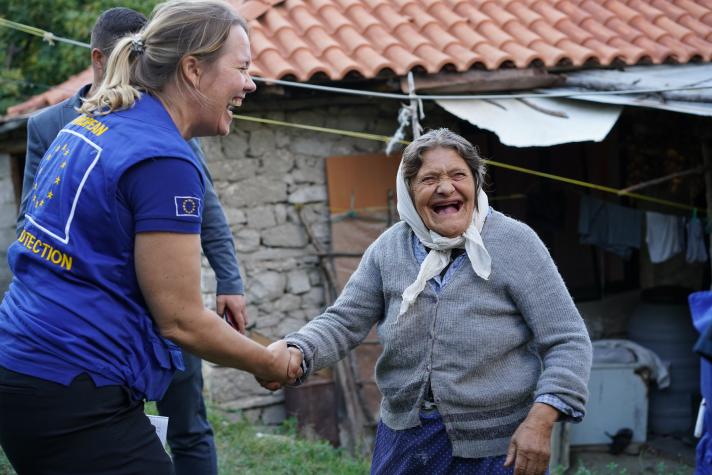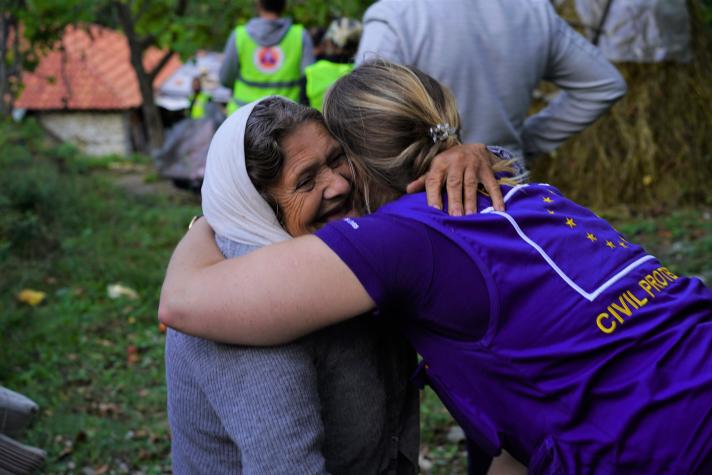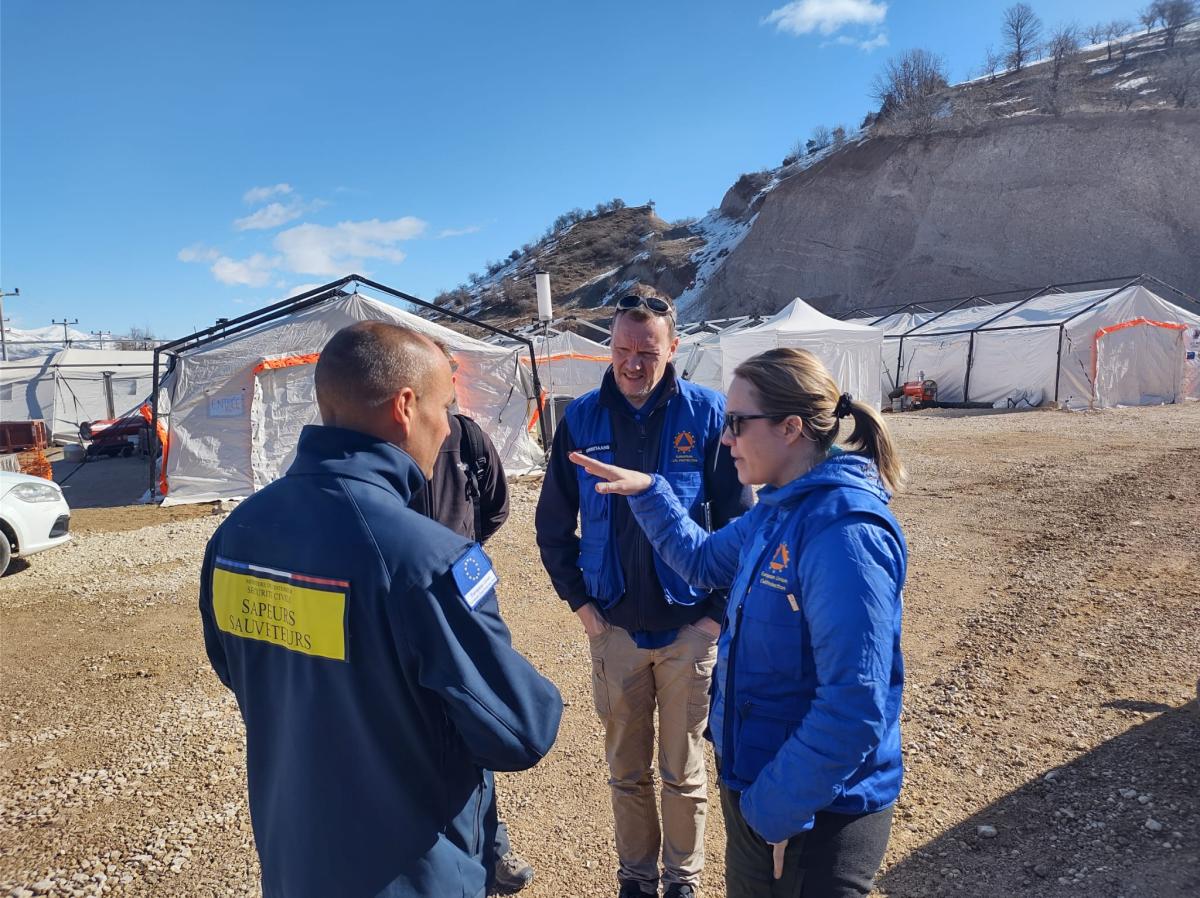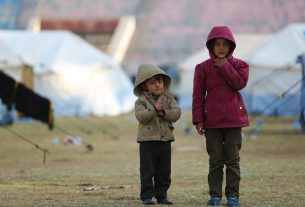For this year’s International Women’s Day, we spoke with Ingeborg Hasli, a woman at the forefront of European civil protection operations. She exemplifies the ideas of perseverance, confidence determination in the face of real dangers and hardships.
Ingeborg Hasli, during the deployment in Türkiye, February 2023.
© European Union 2023
“Life is not easy for any of us. But what of that? We must have perseverance and, above all, confidence in ourselves,” said renowned Polish scientist and twice-Nobel Laureate Marie Curie.
Ingeborg Hasli, a fire chief from Norway, is heading the EU’s civil protection team deployed in Türkiye following the devastating earthquakes of February 2023.
She is a logistics expert with the European Civil Protection Mechanism. Among other things, Ingeborg has participated in the mission to Albania in the aftermath of the 2019 earthquake.
She shares some insights gained from years of working in the field.
What was the most challenging situation you had to deal with?
Ingeborg: (Laughing) Finding a place to pee while fighting a fire – I had to return to the house where we had just extinguished the fire!
Being a female firefighter has its own challenges! But seriously, a very real challenge is being afraid of not meeting society’s expectations of what a woman should be and do. Of not being good enough.
Some are still sceptical when they see a woman active in civil protection. Once, while rescuing a little boy who had been in an accident and was stuck, I had to use hydraulic scissors. I heard people, among those watching, commenting on the fact that a “girl” was using the scissors. It was rather unpleasant, even if they did not mean it to be.
And, of course, the recent earthquake in Türkiye. The large scale of the disaster, the large number of people affected, and the need to deploy search-and-rescue and medical teams in several locations – all made this deployment a particularly challenging one.

Ingeborg during the deployment in Albania, following the earthquake that struck the country in November 2019.
© European Union, 2019 (photographer: Lisa Hastert)
Does the image of civil protection as a male-dominated field correspond to reality? What has been your experience?
Ingeborg: In Norway, the fire department is still 98% male-dominated. However, in the police and ambulance services, there is much more gender equality. Also, more men than women participate in EU-organised courses and missions.
That said, however, men are generally nice to work with! The older I get, the less I believe in stereotyping: discussing some of my vulnerabilities – for example, the fear of failure – I have found that men around me also feel the same or experience similar issues.
“In a perfect world, we should be thinking less of gender and more of how each member of a team can contribute with their own strengths and knowledge,” she said.
What characteristics do women bring to Civil Protection?
Ingeborg: Women bring diversity to Civil Protection! Diversity in a team can contribute to looking at problems from different angles and bringing new tools to the toolbox – if such a contribution is welcomed.
When I worked as a firefighter in Norway as one of the very few women and the first female rescue diver, I think I was the one who learned the most.
Looking back, my reflection is that it takes more than one female to have a real impact. But my team would say that they changed a lot and “softened up” with a female in the group.

© European Union, 2019 (photographer: Lisa Hastert)
What advice would you give young women today who want to follow in your footsteps?
Ingeborg: I encourage women interested in doing so to go for it. I am looking forward to welcoming more female civil protection experts.
“I look forward to the day when I am just a fire chief, not a female one,” says Inge.
For all of us, men and women, life will be easier when we can follow our dreams without considering if our chosen profession is typically male- or female-dominated.
“Hoping for the best, prepared for the worst, and unsurprised by anything in between.” Maya Angelou, poet and activist.
Story by Yolanda Valassopoulou, EU Civil Protection and Humanitarian Aid Operations.
Publication date: 08/03/2023



